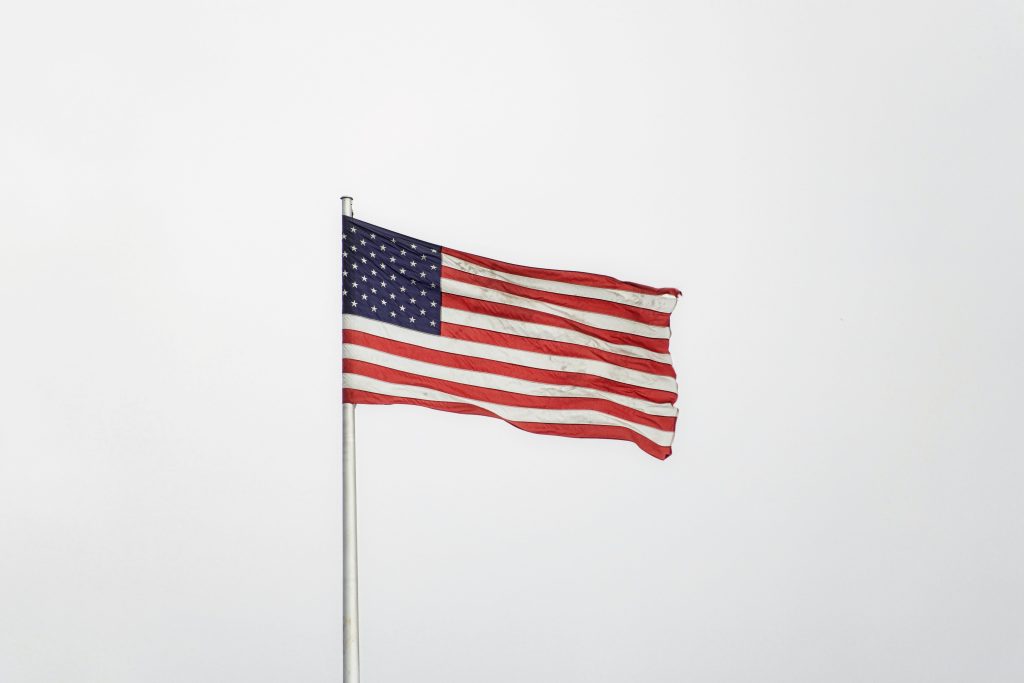The Federal Reserve has trimmed the benchmark interest rate to a range between 4.5% and 4.75%. This decision was influenced by a weakening labor market and progress towards the 2% inflation goal. Fed Chair Jerome Powell expressed confidence that with appropriate policy adjustments, the economy and labor market can maintain their strength while bringing inflation down to 2%.
Implications of Trump’s Re-election on Economic Policy
President Trump’s re-election could lead to significant shifts in U.S. economic policy, potentially fueling inflation. Trump’s campaign promises included tax cuts and imposing tariffs on all imported goods, both of which could increase price pressures and complicate the Fed’s efforts to curb inflation. Wall Street traders and economists believe these potential inflationary pressures may slow the pace of future Fed rate cuts.
The article concludes by highlighting the current strength of the U.S. economy, with GDP growth rates and a strong labor market outperforming global peers. However, the potential impact of Trump’s proposed policies on the economy remains uncertain.








